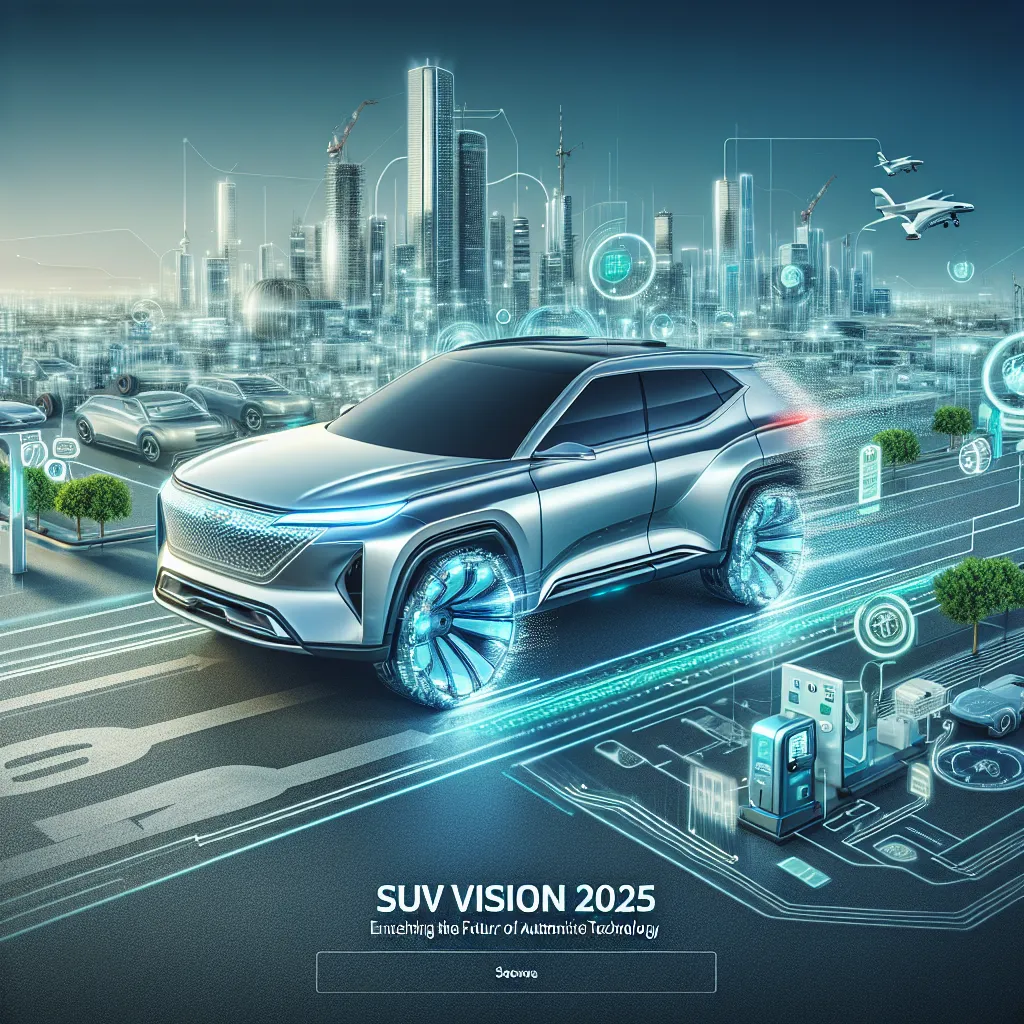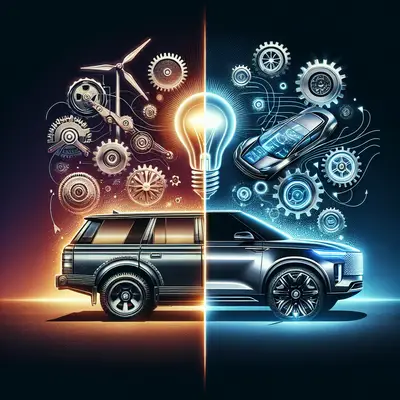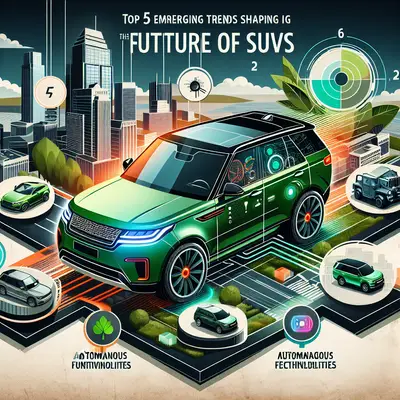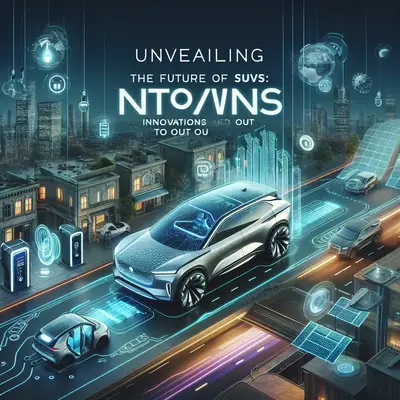The Rise of Electric SUVs
The shift towards electric vehicles (EVs) is one of the most significant trends in the automotive industry, and SUVs are no exception. As consumers become increasingly eco-conscious, manufacturers are responding by introducing a diverse range of electric SUVs. Offering impressive performance, advanced features, and zero emissions, these models are set to challenge traditional notions of what an SUV can be. Brands like Tesla, Rivian, and Ford are leading the charge, showcasing the immense potential of electric propulsion in the SUV segment.
Autonomy and Connectivity
As we edge closer to the era of self-driving cars, autonomous features are becoming increasingly common in SUVs. Advanced driver-assistance systems (ADAS), such as adaptive cruise control, lane-keeping assist, and automated parking, are becoming standard in many models. At the same time, connectivity is being enhanced with features like in-car Wi-Fi, cloud-based services, and advanced infotainment systems. These developments are not only enhancing safety but also transforming the in-car experience for drivers and passengers alike.
Design Revolution
The design language of SUVs is also undergoing a radical transformation. From sleek, coupe-like designs to radical, futuristic aesthetics, manufacturers are pushing the boundaries of what an SUV can look like. The advent of electric and autonomous technologies is also enabling new possibilities in terms of interior design, with spacious, lounge-like cabins becoming increasingly common.
Performance and Off-Road Capabilities
Despite the shift towards electric and autonomous technologies, SUVs are not losing sight of their roots. Performance and off-road capabilities remain key selling points for many models. From high-performance variants boasting supercar-rivaling speed to rugged models designed for serious off-roading, there's an SUV to suit every kind of driving enthusiast.
Sustainability and Eco-Friendly Features
Aside from electric propulsion, SUVs are also embracing sustainability in other ways. From the use of recycled materials in interiors to energy-efficient production processes, manufacturers are making concerted efforts to reduce the environmental impact of their vehicles. Some models are even incorporating solar panels and other renewable energy technologies, offering a glimpse into the future of sustainable mobility.
Conclusion
As we look towards 2025 and beyond, the future of SUVs appears dynamic and diverse. With advancements in electric propulsion, connectivity, design, performance, and sustainability, these vehicles are set to offer an exciting blend of luxury, utility, and tech-driven innovation. Whether you're a car enthusiast or a potential buyer, staying abreast of these trends can help you navigate the rapidly evolving landscape of the SUV market.



